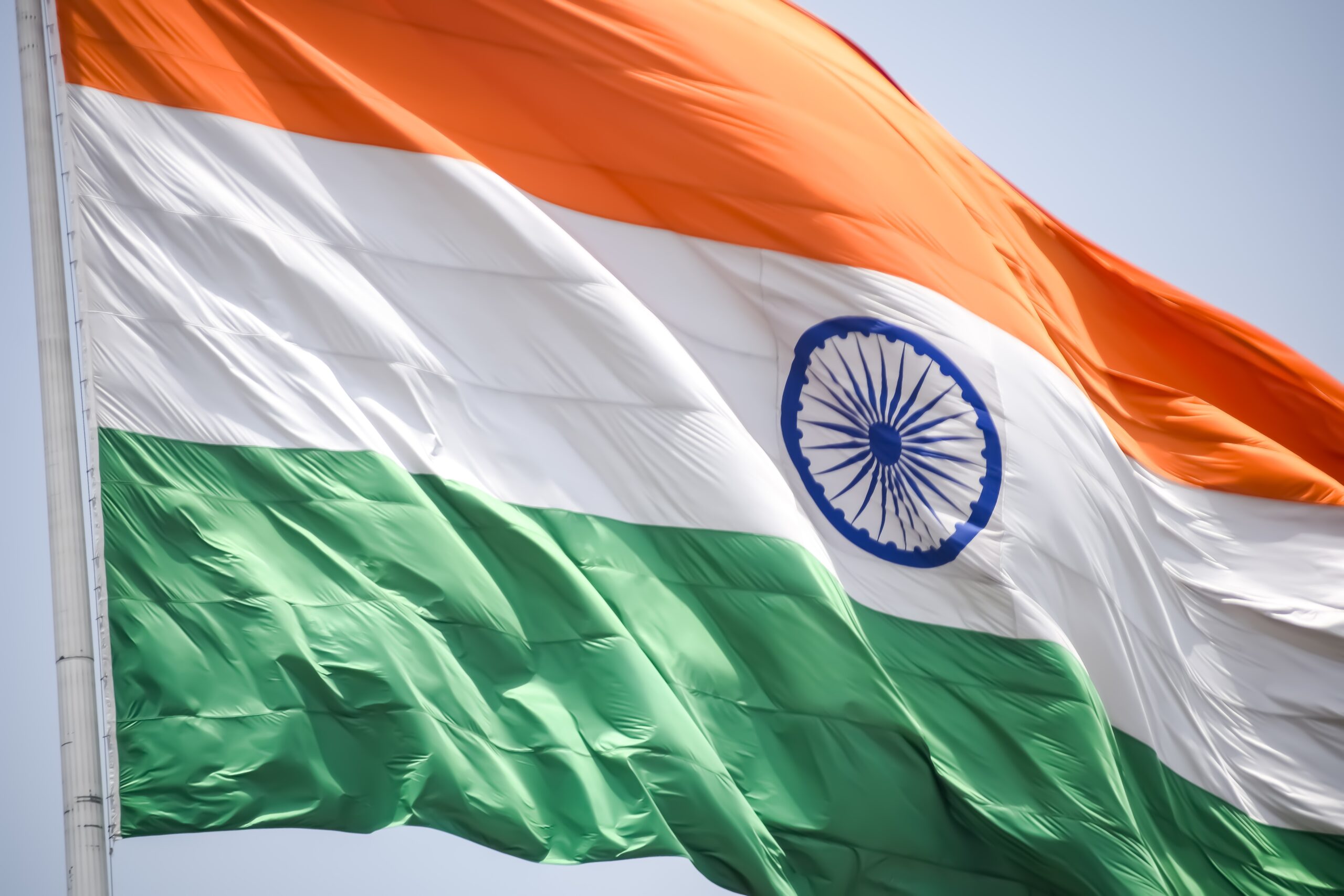Modi Brokers Talks – Will It HOLD?

Prime Minister Modi acts as peace broker between Israel and Iran while balancing India’s strategic partnerships amid escalating Middle East tensions.
At a Glance
- PM Narendra Modi spoke with Israeli PM Netanyahu, urging “early restoration of peace” amid Israel-Iran conflict
- India expressed “deep concern” over Israel’s attacks on Iran’s military and nuclear sites, and Iran’s drone response
- The conflict threatens India’s strategic interests, including oil prices (up 15%), Indian populations in both countries, and investments in Iran’s Chabahar port
- India maintains a diplomatic balancing act between Israel (a key military partner) and Iran (a BRICS ally)
- Both Israeli and Indian embassies have advised citizens to stay vigilant during the ongoing conflict
Modi’s Diplomatic Outreach
Indian Prime Minister Narendra Modi took decisive diplomatic action by engaging directly with Israeli Prime Minister Benjamin Netanyahu regarding the escalating conflict between Israel and Iran. Modi confirmed the conversation on social media, stating he received a briefing on the evolving situation from Netanyahu.
The Indian leader emphasized his country’s concerns about regional stability and pushed for swift peace restoration in the increasingly volatile Middle East, demonstrating India’s growing role as a global mediator in complex international conflicts.
Modi’s conversation with Netanyahu came shortly after Israel launched “Operation Rising Lion,” a military campaign targeting Iran’s nuclear facilities and military leadership. The operation followed a United Nations resolution condemning Iran’s nuclear activities and Netanyahu’s claim that intelligence indicated Iran was close to developing nuclear weapons. Despite India’s traditionally neutral stance, this direct engagement shows Modi’s willingness to involve India in high-stakes international diplomacy.
India’s Delicate Balancing Act
India finds itself in a complex diplomatic position, maintaining strong relationships with both Israel and Iran despite their mutual antagonism. While Iran recently joined BRICS, a multinational group that includes India, Israel has been a crucial military partner for India, providing support during critical moments such as the 1999 Kargil War with Pakistan. This strategic balancing act reflects India’s pragmatic approach to foreign policy that prioritizes its national interests over ideological alignments.
“Received a phone call from PM @netanyahu of Israel. He briefed me on the evolving situation. I shared India’s concerns and emphasized the need for early restoration of peace and stability in the region”, Prime Minister Narendra Modi said.
Demonstrating its dual-track diplomacy, India’s External Affairs Minister S. Jaishankar also spoke with Iranian Foreign Minister Abbas Araghchi shortly after Modi’s conversation with Netanyahu. This parallel outreach underscores India’s commitment to maintaining open channels with both sides of the conflict. India has also shown increased support for Israel following the October 7, 2023, Hamas attacks, with Modi and his BJP party explicitly condemning Hamas and expressing solidarity with Israel.
Economic and Security Stakes for India
The conflict between Israel and Iran poses significant risks to India’s economic and strategic interests. Oil prices have already risen by 15% following news of the escalation, potentially straining India’s economy which depends heavily on imported energy. The conflict could threaten the Strait of Hormuz, a critical channel for India’s energy supply, creating additional economic pressure at a time when India is focused on economic growth and development.
India also has significant populations in both Israel and Iran, as well as in Gulf Cooperation Council countries, that could be affected by the conflict. Indian embassies in Tehran and Tel Aviv have advised Indian nationals to remain vigilant and follow local security advisories. Additionally, India has substantial investments in Iran, particularly in the strategically important Chabahar port project, which provides India with access to Afghanistan and Central Asia while bypassing Pakistan.
India’s Call for Restraint
Through its Ministry of External Affairs, India has urged both Israel and Iran to avoid further escalation, offering support for conflict resolution through dialogue and diplomacy. This approach aligns with India’s traditional foreign policy principles of non-interference and peaceful resolution of disputes. By positioning itself as a potential mediator rather than taking sides, India maintains the flexibility to protect its diverse interests while potentially contributing to regional stability.
“Israeli citizens may have to remain in sheltered areas for lengthy periods of time”, said Benjamin Netanyahu.
Netanyahu has warned of a prolonged operation against Iran’s nuclear program with potential long-term impacts on Israeli citizens, indicating the conflict may not be resolved quickly. For India, which has condemned both Hamas’s attacks on Israel and the assassination of Israeli diplomats in Washington, DC, earlier this year, the continued escalation presents ongoing diplomatic challenges. As tensions persist, Modi’s government will likely continue its careful navigation of these troubled waters while advocating for a return to peace and stability.
























